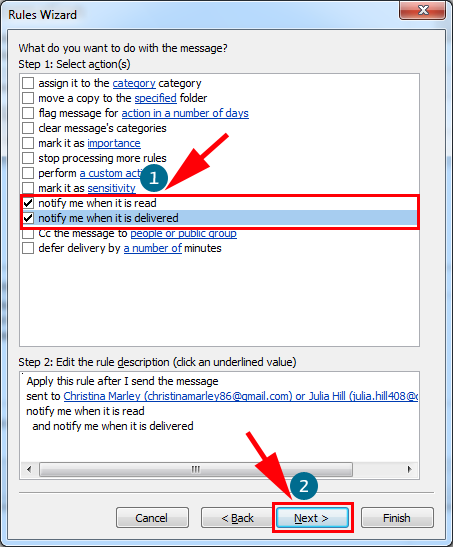
We did a short personality questionaire within the survey, but the data was stretched across too many variables. Gender wasn’t initially where we were headed - we wanted to look at personality. We tried to link these effects to personality, but failed miserably Survey options were created based on commonly occurring themes in interviewsĩ. In our survey the largest number of respondents choose that feeling ignored (35%) as best representing how they feel when a message has been marked read and not responded too. Interview participants discussed an opened message symbol creating “social anxiety,” “speculation,” and even “fear” when they are waiting for a response.

Read Receipts spark anxiety for senders.But its up to you if they reflect your own experience! Here’s what we found out: So yes, officially these results can’t be generalised too broadly. (You are welcome to check out the survey results here.) Not massive numbers, but big enough to say something interesting. These findings were translated into a survey which was completed by 108 students at the University of Copenhagen.

We did 11 semi-structured interviews to initially find out the patterns of behaviour, feelings and attitudes surrounding Read Receipts. So we went on a mission to find out more. Yet my research parter Teis and I could not find any academic research on the feature. At least we know this anecdotally - and there are blogs and articles all over the net complaining about the feature. Read receipts, such as that familiar blue double-tick on WhatsApp or timestamp on iMessage, are the object of a lot of frustration.


 0 kommentar(er)
0 kommentar(er)
